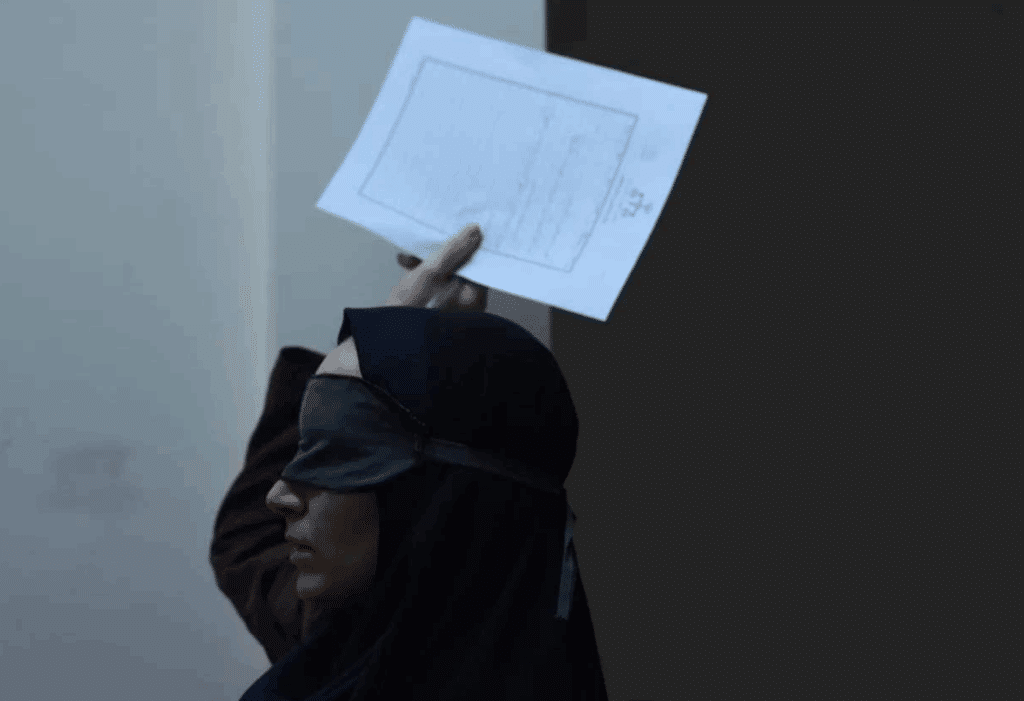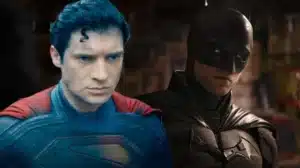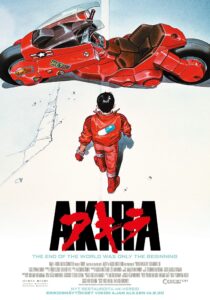So you’re stuck in scrolling purgatory again, huh? Endlessly thumbing through Hulu, hoping something jumps out. We’ve been there. That’s why we pulled together the Top 10 Movies you would actually want to watch this week—no fluff, no filler. Whether you’re into thrillers, rom-coms, or indie gems, there’s something worth hitting play on. Here’s your movie cheat sheet for June 8-12, 2025—because your time is too valuable for another “meh” movie night.
Jazzy (2024)
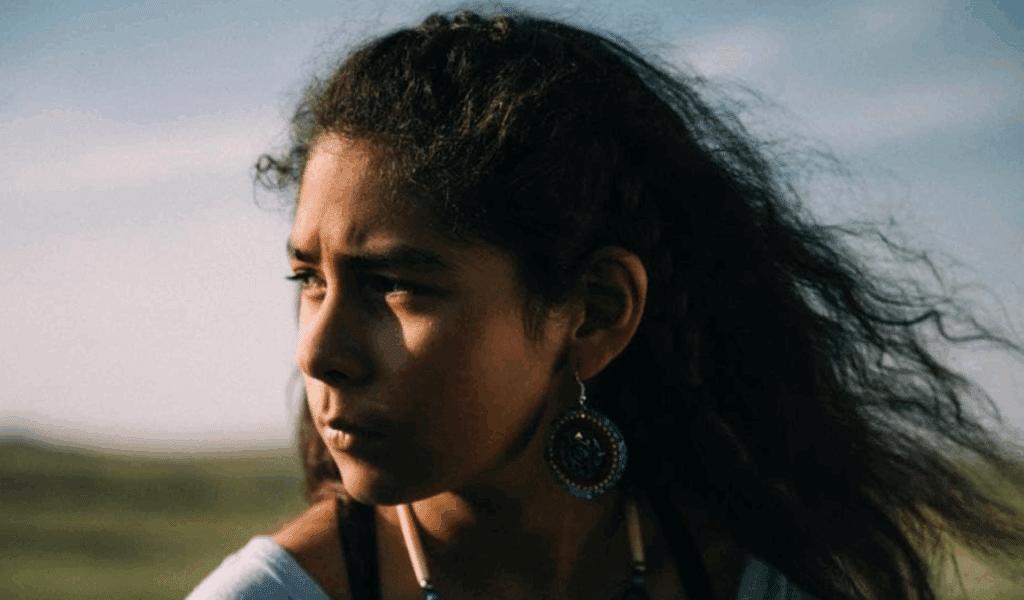
This one’s about growing up, but not in the movie-montage, big-lesson-at-the-end kind of way. Jazzy follows a young Lakota girl just trying to make sense of her world—on the Pine Ridge Reservation, where friendship, family, and identity all blur together. It’s quiet. Tender. The kind of film where not much “happens,” but you feel everything.
Jasmine Bearkiller Shangreaux is incredible. She doesn’t perform—she just is. You believe every moment she’s on screen, like someone turned on a camera and just let her live. And then there’s Lily Gladstone, who brings that grounded, gentle strength she does better than anyone. Morrisa Maltz directs with so much care—no rushing, no big speeches, just space for real life to unfold.
If The Rider or War Pony hit you in the chest, Jazzy is right there with them. It doesn’t hold your hand. It just shows you the world through her eyes—and trusts you’ll understand.
New Life (2023)
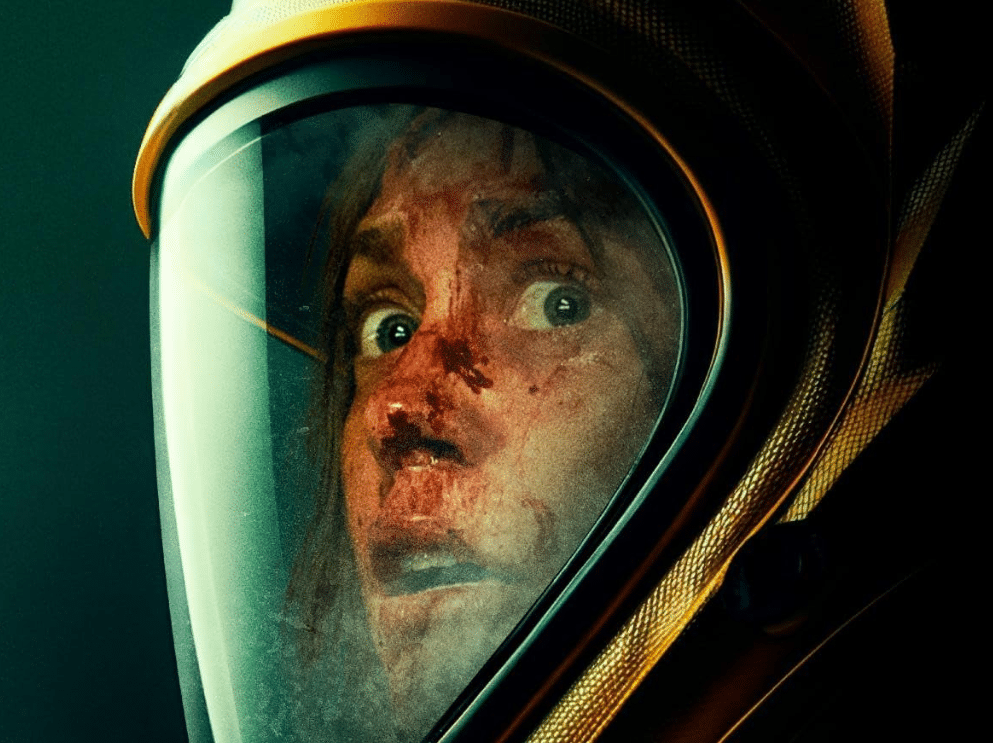
New Life starts like a chase movie but turns into something way more existential. It follows Elsa, a fixer with a ticking clock of her own, tracking down a woman who might be carrying a world-ending virus. But this isn’t some glossy pandemic thriller—it’s raw, eerie, and unsettling in a slow, quiet way that sticks to your ribs.
Sonya Walger is fantastic here—cold, brilliant, but cracking at the edges. And Hayley Erin gives Jessica this fragile, unpredictable energy that keeps you guessing. Director John Rosman shoots the Pacific Northwest like it’s the edge of the world—fog, trees, empty roads—and the whole thing starts feeling like a metaphor for inevitability. Or maybe rebirth. Or maybe both.
If you’re into lo-fi sci-fi that leans more Annihilation than Contagion, this one’s worth tracking down. It’s not flashy, but it creeps under your skin.
The Grab (2022)
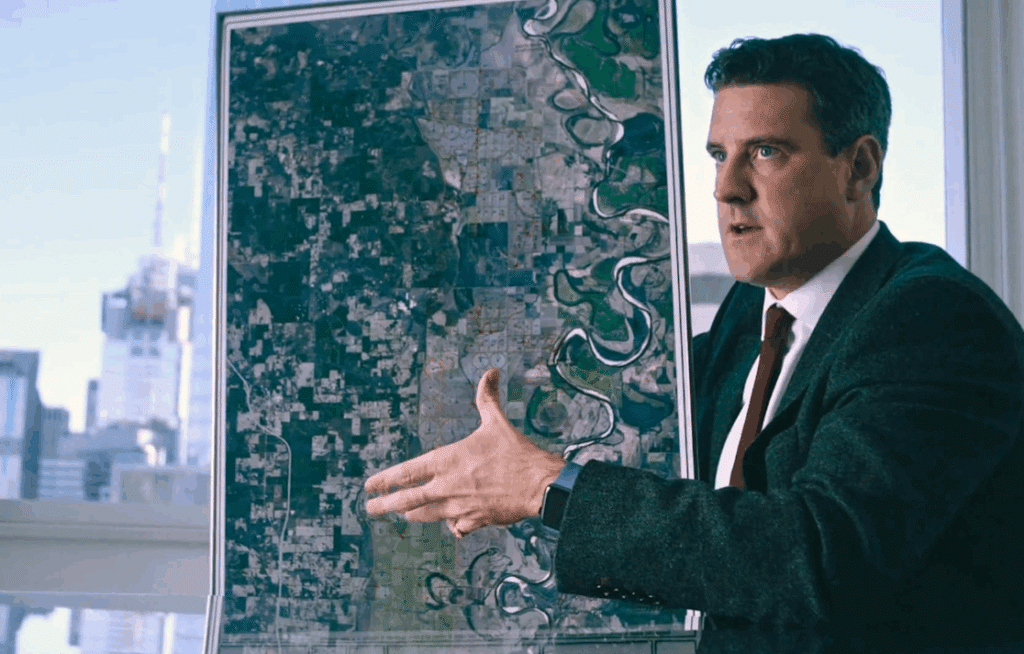
This doc is terrifying—not because of what it shows you, but because of what it quietly implies. The Grab digs into global efforts by powerful nations and companies to buy up land, food, and water in secret. And once you see the dots connect, it’s hard to unsee them. We’re not talking future dystopia. We’re talking now.
Director Gabriela Cowperthwaite (Blackfish) keeps the tension high, following investigative journalist Nathan Halverson as he uncovers the tangled web of deals and cover-ups. It’s part spy thriller, part wake-up call. The kind of documentary where you pause to Google something every five minutes, just to confirm it’s really happening.
If The Cove made you angry or Dirty Money blew your mind, this is in that wheelhouse. It’s not loud or preachy—it just lays the facts out. And lets the horror set in.
Origin (2023)
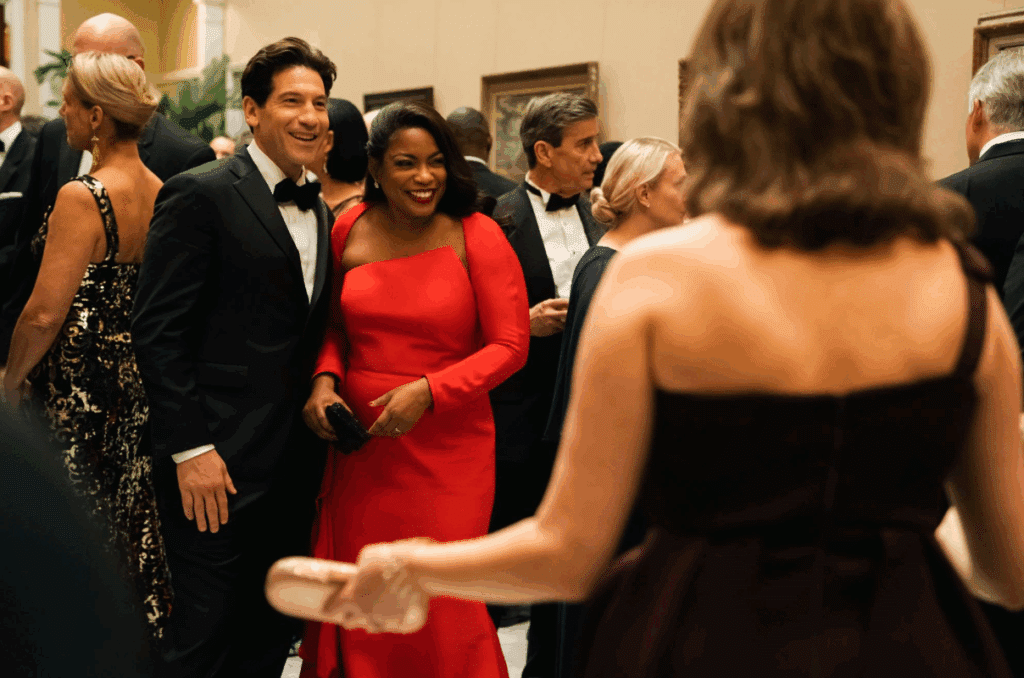
Origin is the kind of film that feels bigger than itself. Ava DuVernay blends narrative and nonfiction to follow Isabel Wilkerson’s journey writing her groundbreaking book Caste, and the result is part biopic, part global thesis, part emotional excavation. It’s ambitious as hell—but grounded in something deeply personal.
Aunjanue Ellis-Taylor is remarkable, carrying the film with quiet authority and deep, simmering emotion. As she travels from the U.S. to Germany to India, the story weaves together systems of oppression that feel both painfully specific and tragically universal. The film never feels like homework—it feels like revelation. Personal grief meets historical inquiry, and somehow it clicks.
If you were moved by 13th or Till, this lands in that same space. It’s bold, intimate, and beautifully crafted. Not just a film, but a conversation starter.
National Anthem (2023)
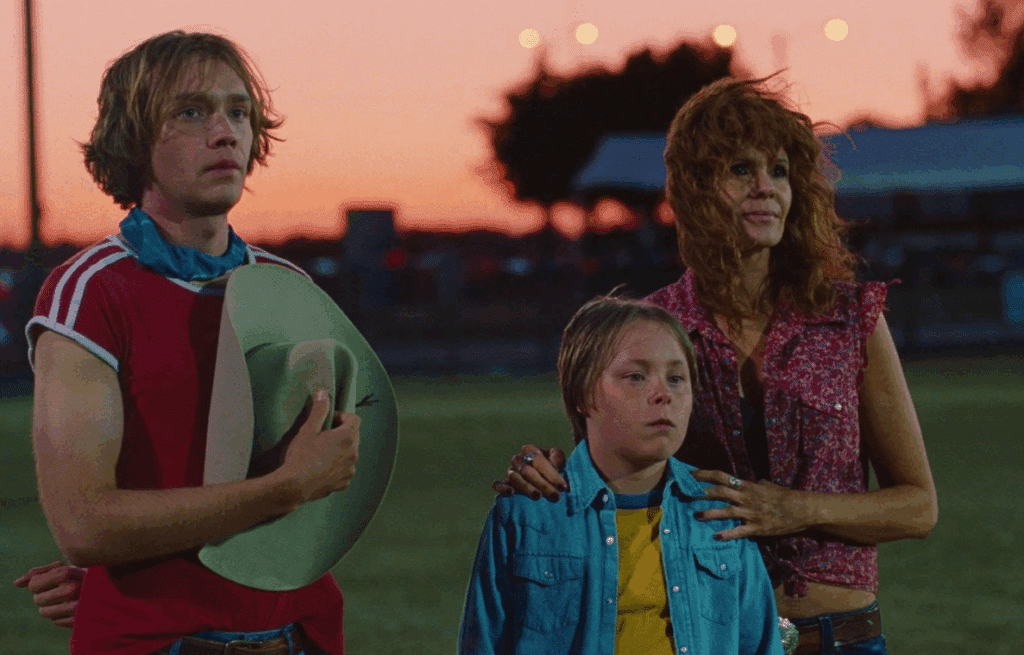
This one’s about finding yourself in the least expected places. National Anthem follows Dylan, a soft-spoken construction worker in rural New Mexico, who stumbles into a queer rodeo community that cracks open everything he thought he knew about identity, masculinity, and freedom. And it’s gorgeous—sunlight, denim, wide skies, and even wider emotional terrain.
Charlie Plummer brings this aching gentleness to Dylan, and Eve Lindley gives a performance that’s impossible to look away from—funny, grounded, magnetic. Director Luke Gilford, who’s known for his work in fashion and photography, gives the whole film this soft, lived-in glow. It’s dreamy but real. Earnest but unflinching.
If The Miseducation of Cameron Post or The Rider hit you hard, this will too. It’s not trying to make a statement—it’s just showing a world most people don’t get to see, and letting it speak for itself.
Lousy Carter (2023)
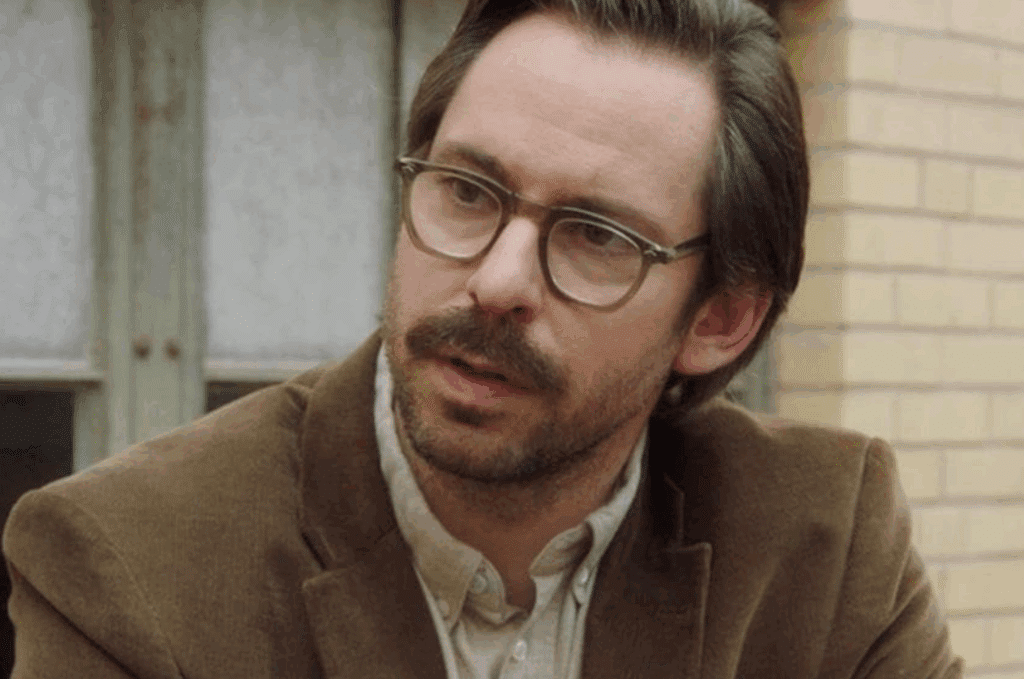
This one’s dark, dry, and surprisingly moving. Lousy Carter is about a washed-out literature professor who finds out he only has six months to live—and reacts the way a guy named Lousy Carter probably would: with a lot of sarcasm and very little grace. But beneath all the wit and emotional deflection, something tender starts to surface.
David Krumholtz is perfectly cast here. He plays Lousy like a man who knows he’s wasted most of his chances, and isn’t quite sure whether to laugh or cry about it. The film doesn’t go for big emotional swings—it just lets you sit with this guy as he tries (and mostly fails) to connect with the people around him. There’s a quiet honesty to it all, even when the jokes land sharp.
If you like your existential crises with a side of deadpan, this one’s for you. Think Alexander Payne meets Jim Jarmusch, but with more beard and fewer life lessons. It’s sad, funny, and weirdly comforting in its refusal to pretend anything’s easy.
Missing from Fire Trail Road (2024)
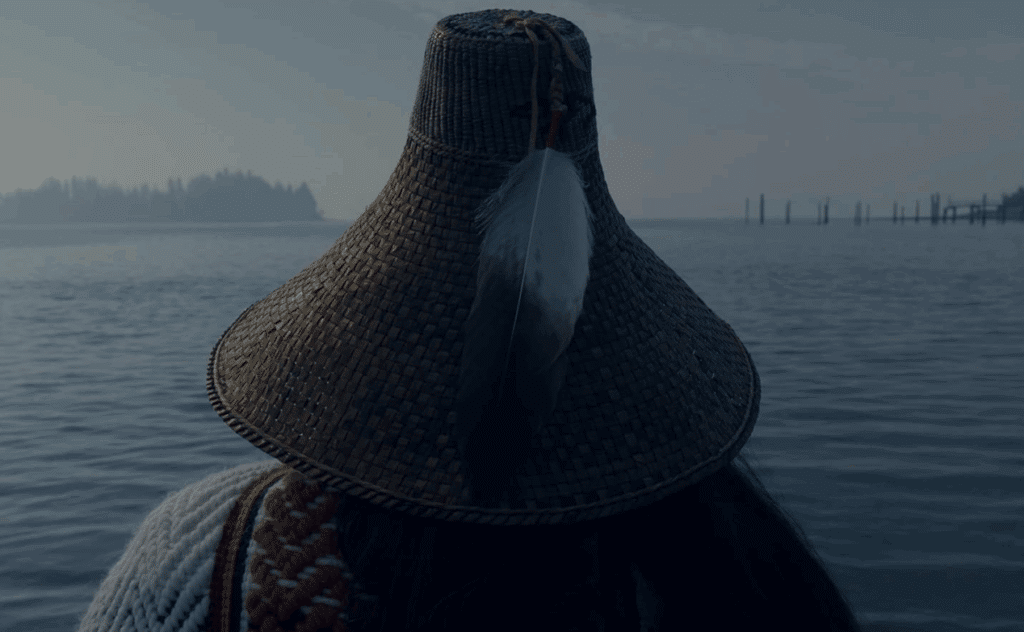
This one’s not easy to watch—but it’s important. Missing from Fire Trail Road is a documentary about the disappearance of Mary Ellen Johnson-Davis from the Tulalip Reservation, and by extension, the epidemic of missing Indigenous women in the U.S. It’s a story that rarely makes headlines, but director Sabrina Van Tassel makes sure it can’t be ignored.
The film doesn’t just lay out the facts. It shows the silence. The bureaucracy. The way families have to become their own detectives because the system won’t step up. You hear from Mary Ellen’s loved ones, you see the community she left behind—and you feel the weight of every unanswered question. It’s intimate and enraging all at once.
If The Murder of Fred Hampton or The 13th shook you, this is in that same space. It’s not just about one woman—it’s about a crisis that keeps happening, and a system that keeps letting it happen.
Suncoast (2024)
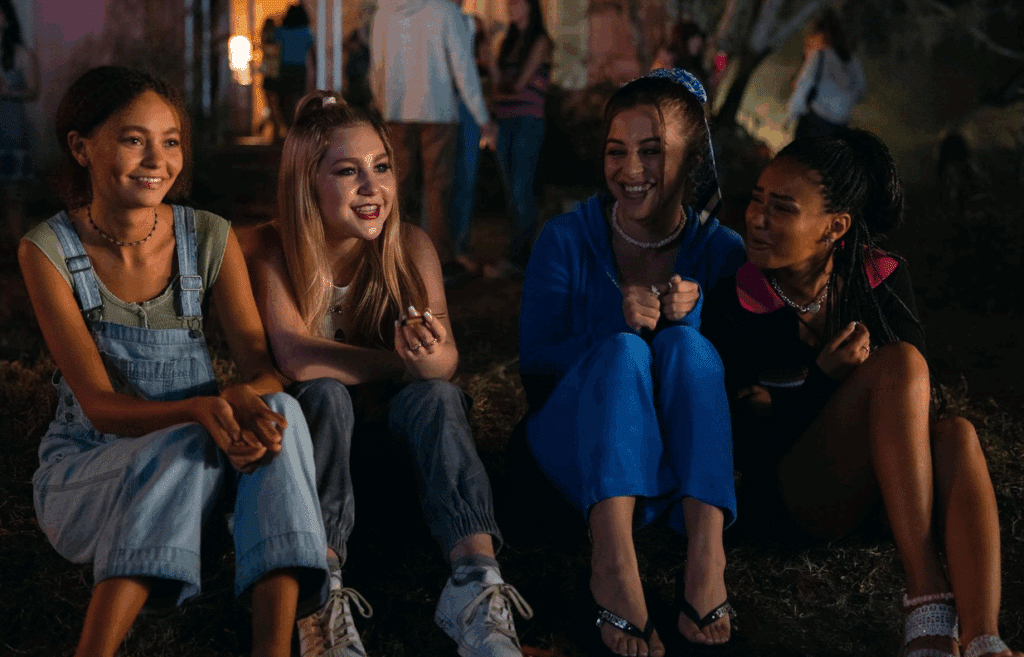
Suncoast is one of those movies that hits way harder than you expect. It follows a teenager named Doris, who’s caring for her terminally ill brother while stuck in the blur of adolescence, grief, and everything in between. It’s based on a true story, but it plays like something out of a memory—soft, messy, and deeply felt.
Nico Parker is phenomenal, giving Doris this perfect mix of stubbornness and heartbreak. Woody Harrelson plays an eccentric activist she bonds with outside the hospice center, and their connection feels weirdly natural—like two people trying to make sense of the world in their own odd ways. Laura Linney, as Doris’s mom, is brittle and brilliant.
If Lady Bird or The Farewell wrecked you, Suncoast will do the same. It’s not just about dying—it’s about how to live when you know time is running out. Quiet, strange, and absolutely worth your time.
Living (2022)
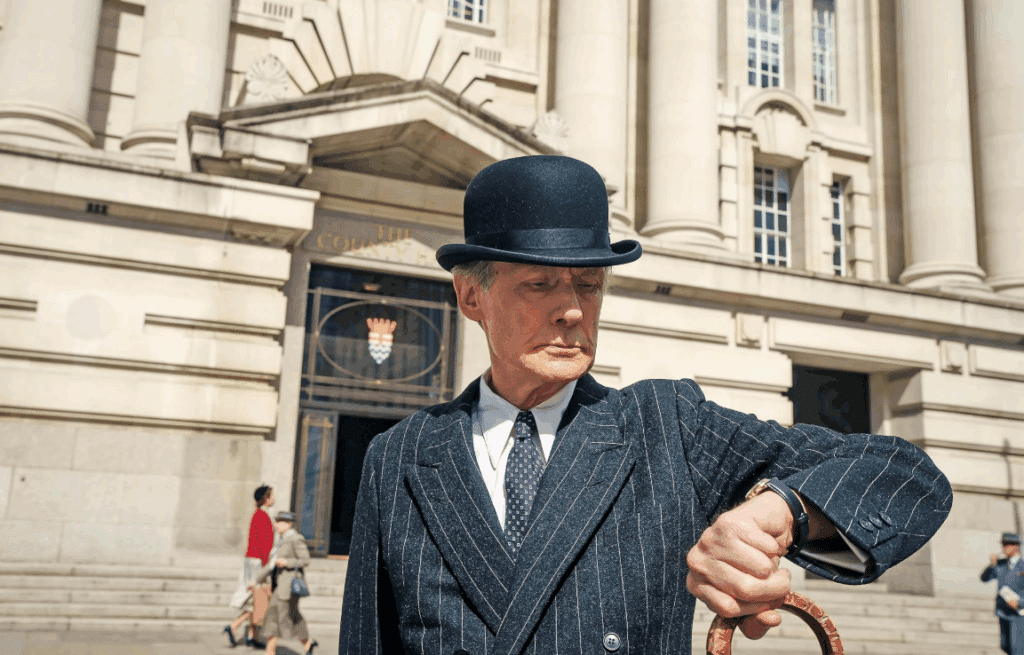
This one’s all about time—how we spend it, how we waste it, and what we do when we realize we don’t have much left. Living is a remake of Kurosawa’s Ikiru, set in 1950s London, and it follows Mr. Williams, a buttoned-up civil servant who gets a terminal diagnosis and decides, finally, to really live. But not in a bucket-list, skydiving montage kind of way. In quiet, meaningful moments.
Bill Nighy is heartbreaking here. He plays Mr. Williams with such delicacy—you can almost see the man trying to hold himself together while something breaks open inside. It’s a film full of silence, of pauses that say more than dialogue ever could. And when he finally does something that matters—something small but beautiful—it lands like a gut punch.
If you love films like About Time or Columbus, this is one to sit with. It’s slow, yes, but in the best way. A gentle reminder that even the smallest life can leave something lasting behind.


